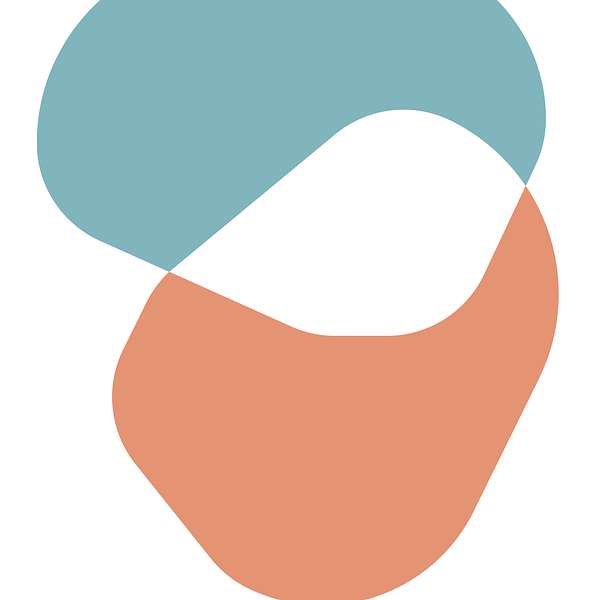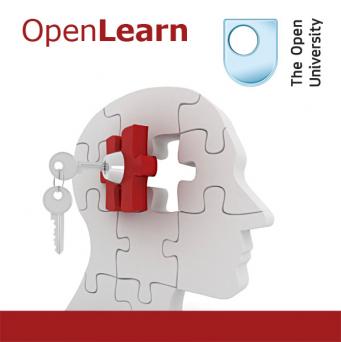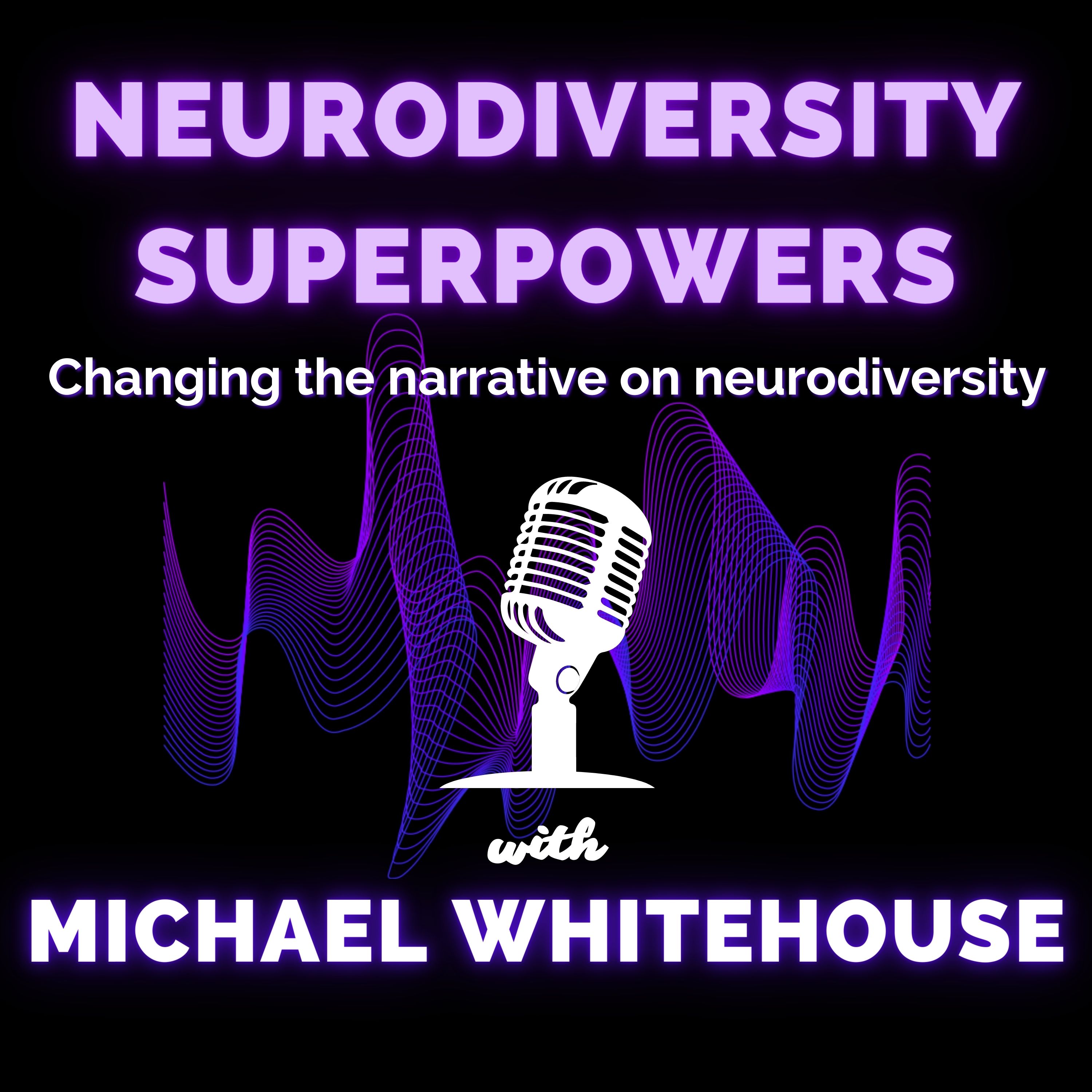
Divine Enigma
At Divine Enigma, we're here to explore the wonders of neurodiversity amid busy corporate life and career dreams. Our platform is like a cosy sanctuary where everyone - whether you're a professional or an entrepreneur - can join in uplifting conversations. From simple tips for managing projects to self-care practices that work, we're all about helping you grow in your career journey. Picture us as your friendly guide through the twists and turns of corporate life, offering a holistic approach perfect for neurodiverse folks to not only get by but to truly shine in their careers.
Divine Enigma
Burn Out!
Use Left/Right to seek, Home/End to jump to start or end. Hold shift to jump forward or backward.
I define burnout and highlight the signs of burnout with views from other neurodiverse individuals, as well as simple steps to take for anyone experiencing burnout.
Burnout is a state of physical and mental exhaustion that can occur due to long-term stress at work or working in a physically or emotionally draining role. Common signs include feeling helpless, trapped, tired or defeated, feeling detached or alone in the world, having self-doubt, procrastinating, feeling overwhelmed, and taking longer to get things done. When asked to identify the symptoms of burnout, 85% of UK adults correctly did, while 68% mistakenly identified symptoms of Anxiety.
Burnout has a more detrimental effect on neurodiverse people. Generally, burnout occurs over a period of time, and, the longer it takes, the longer it is to recover. Life can be exhausting for a neurodiverse person.
If you are feeling burnt out, take time off as much as you can but if your situation does not allow you to, then find short gaps of time in the day to take walks, rest or pray.
Notable Quotes
o "The longer the period building up to the burnout, the longer it will take to recover from it"
o "So many neurodiverse people live on this constant edge of burning themselves out"
Resources Mentioned
● Learn more about Burnout
● Neurodiverse views on Burnout: Video 1, Video 2, Video 3
Join, support, and access exclusive episodes now.
https://www.buzzsprout.com/2083560/subscribe
(@divineenigma338) Instagram (@divineenigma)
please complete the form before you book
● Join Sarah’s 6-week coaching: https://divineenigma.org/product/6-week-coaching-plan/
Join Today!
NeuroEnigma Membership
if you'd like to support this independent podcast, click for free ebook Producer & Host: Sarah
Music: “She Royalty” by Amaro & “Whistle” by Lukas Got Lucky
Ready, ready? Ready, ready. Hello, and welcome to divine in Edma. The podcast that talks about how to navigate through the complexities of the workplace as a modern day professional, while also having a side hustle simultaneously. My name is Sarah, your host for the podcasts. And this is episode seven of the show. This podcast will be available on all platforms, where you can find podcasts, including Spotify, and Apple podcasts. For today's episode, I want to talk specifically about burnout. So, what is burnout? So according to the mental health UK website, and I will read the definition of what burnout is, burnout is a state of physical and emotional exhaustion. It can occur when you experience long term stress in your job, or when you have worked in a physically or emotionally draining role for a long time. Common Signs of burnout are feeling tired or drained and most of the time being the helpless, trapped and or defeated. feeling detached alone in the world. Having a cynical or negative outlook, self doubt procrastinate in and taking longer to get things done. And I'm finally feeling over whelmed. When asked to identify the symptoms of burnout 85% of UK adults correctly identified symptoms of burnout, while 68% mistakenly identified symptoms of anxiety. Well, when I read this definition, I recognise all these symptoms. Now for some people, particularly during COVID, and also now we're in post COVID. Burnout was mentioned quite frequently in the news. But what people do not talk about is burnout. When it comes to people who are neuro diverse, and how this detrimentally affects them more than people that are neurotypical. I'm going to be playing a few clips, just to be as organic as possible and share what some people who are neuro diverse. And few have one more clip about burnout from someone that's newer, typical, but basically, it's the same thing. The description of what burnout is, I'll also link in the show notes where you can find out about these resources. I don't know by the time this episode gets released, I should be much better as I've recorded this episode around Christmas time and 2022 has been an intensive year for me. So here are the clips are
Unknown:about occurs over a period of time. And the longer the period building up to the burnout, the longer it will take to recover from the burnout, daughter were growing up. That wasn't necessarily a message I gave to them in that way. I think for our parents and their generation, they deliver that message to us exactly the way that we received it, you've got to be twice as hard, you got to work twice as hard to be considered half as good. I didn't use those exact words, but I still deliver that message to my son and my daughter in the same way. And I think because I heard it the way that I heard it and then having those experiences, it manifested itself differently in me because whereas I was really good at appearing neurotypical I mean, I can give you the best impression of somebody who's extroverted, I can give you the best impression of somebody who was funny and lively. But at the same time knowing who I am and what I'm really like in my most private moments, and I'm really a private person and then watching my son who was really good at cloaking until all his security defences melted away. So again, I'm still processing through and live Earning on this journey because I think that working twice as hard, it was so ingrained in me, I don't even know how to shed that, that's still very much a part of it. I don't know how to shed that life can be exhausting. When you are a neurodivergent person, so many neurodivergent people live on this constant edge of burning themselves out.
Sarah Olaifa:This was a very short podcast. So I'm gonna round off by saying that if you are feeling burnt out, please just take some time off as much as you can. And if your situation doesn't allow you to, because I know everyone's situation is different. Just try your best to find pockets in the day in which you can take walks, pray if you're a person of faith, or I'm a person of faith, and read my Bible and just try to receive and even if it's for like 10 minutes, just to stress. I really hope you enjoyed this podcast, we talked about burnout, and somehow trying to find some kind of balance in your life in terms of rest, and recuperation. I don't know whether I've pronounced that word because of my damn dyslexia. Please follow me on all platforms where the podcasts are uploaded. Thank you for listening to divine enigma. And if you got to the end, you're still in a safe place for project managers and professionals to give you the tools on how to navigate the complexities of being neurodiverse in the workplace. I'll see you next week.
Podcasts we love
Check out these other fine podcasts recommended by us, not an algorithm.

Dyslexically Successful
Christine Robenalt
Overcoming Distractions-Thriving with ADHD, ADD
David A Greenwood
The Faster Than Normal Podcast: ADD | ADHD | Health
Peter Shankman

